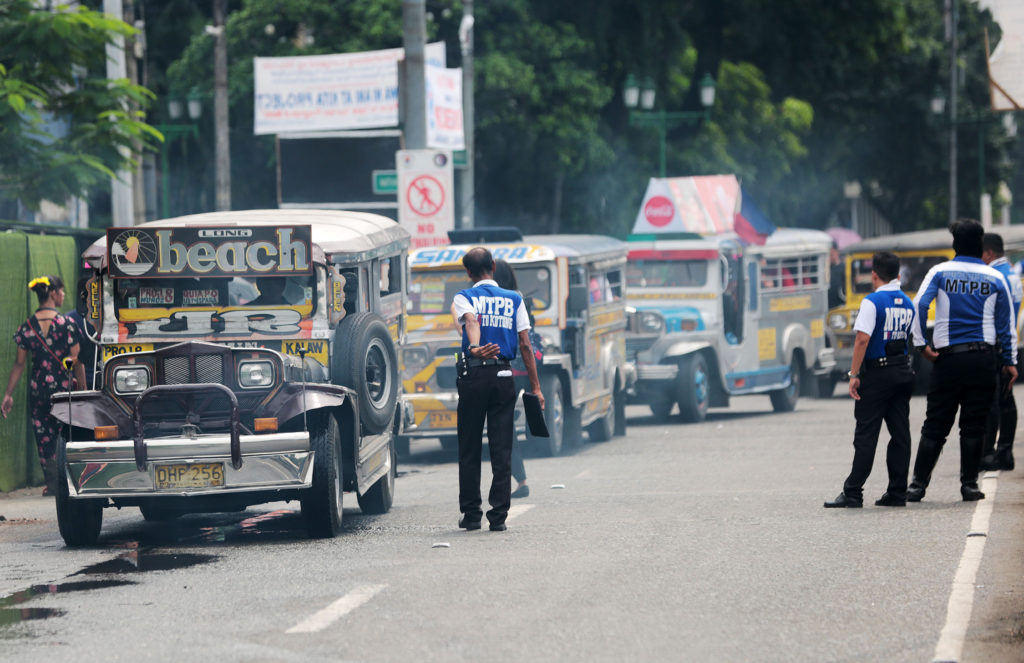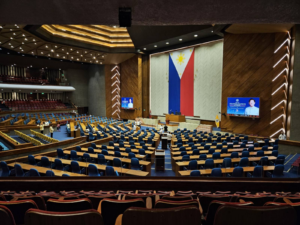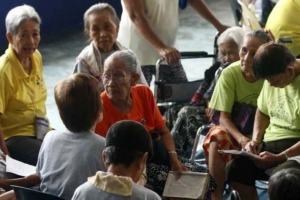
Transport sector workers and advocates on Saturday expressed concern over the Inter-Agency Task Force for the Management of Emerging and Infectious Diseases’ decision to limit the number of buses and jeepneys available when Metro Manila transitions general community quarantine on Monday.
The Move as One Coalition iterated that the huge decrease in the seating capacity of public utility vehicles as it adheres to strict physical distancing measures would leave transport workers vulnerable to substantial losses and even joblessness because of unprofitable operations.
In its statement, the coalition emphasized its proposal of service contracting for public transportation. In this set up, the government pays the operators and drivers a per kilometer fee to run the routes, which the group said would “ensure a just transition for transport industry workers.”
They also have been lobbying for transportation subsidies as part of a P110-billion transportation bailout that includes government spending on “active transport infrastructures,” including “wider sidewalks, dedicated bike lanes, urban tree shades and safe walkable streets” among others.
“Public transportation must remain an essential public service centered on advancing the welfare of commuters while ensuring the safety and livelihood security of our transport workers, laborers, and cooperatives. This should be our priority in the transition towards a more inclusive public transportation system,” they said.















